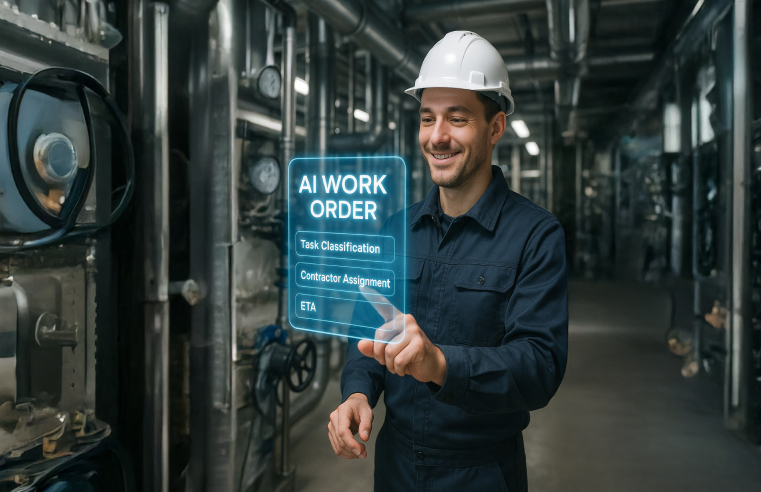Why is strong internet connectivity crucial for multi-tenanted sites, asks Chaim Grunfeld, Founder and Director of Prime Connect.
With a staggering 5.35 billion people connected to the internet as of April 2024 – accounting for approximately 66% of the world’s population – it’s clear that reliable internet access is no longer a luxury. In fact, many argue that it is now the fourth utility, following only water, electricity and gas.
This is particularly true for multi-tenanted buildings, such as office complexes, public shopping centres and residential apartments, where a stable internet can make or break tenant satisfaction and retention.
Connectivity is key
For landlords and building managers, the message is clear: ensuring robust, reliable internet access is paramount. In a world where 80% of hotel guests consider internet access to be crucial, according to a study conducted by Statista, the stakes are high – particularly when you consider that a preference for internet far outstripped the importance of accessible rooms and room service, at a respective 52 and 45%. In other words, it’s essential to choose a provider that guarantees stable connection.
Of course, the same holds true across other types of multi-tenanted buildings. From the busy office worker to the student juggling online classes with social media, reliable internet is a modern-day must-have – and landlords providing it will make greater progress when it comes to finding and retaining tenants.
Additional hurdles
The importance of connectivity is underscored by the upcoming Public Switched Telephone Network (PSTN) switch-off in January 2027. Marking the end of traditional phone lines, the transition makes high-quality internet connections even more critical. For building managers and landlords, this is a wake-up call to pre-emptively upgrade infrastructure for seamless access.
Three factors to look out for
Whilst providing high-quality internet is now a given, building owners are nonetheless faced with a major decision: which telecoms company should they trust to provide? Whilst the final choice will ultimately depend on your unique business requirements, prioritising the following three factors is generally a trustworthy guide.
Bandwidth
High bandwidth ensures that multiple users can access the internet without slowdowns – an essential facet in environments where heavy usage is the norm.
Security
Security is equally as crucial, protecting sensitive data and maintaining privacy for all tenants. Indeed, not only is GDPR a legal requirement but, with cyberattacks claiming an overwhelming 343 million victims throughout 2023 alone according to the IBM Cost of Data Breach Report, users want to know their data will be safe.
Delivery times
Finally, fast delivery is vital to meeting demand, preventing unwarranted customer frustrations. The fibre connection closest to your building will always be fastest, regardless of who the provider might be, making delivery times a key point for discussion with the telecoms company.
Tips for building managers and landlords
With the majority of guests and tenants willing to pay more for facilities with strong connection, the fourth utility has become undeniably essential for building managers looking to fill up spaces. But, which factors should landlords and building managers look out for to meet rising internet demands?
By investing in high-speed fibre optics, it’s perfectly possible to pre-connect buildings with high-speed fibre to ensure that tenants have access to the fastest possible internet from day one. Likewise, by implementing robust cybersecurity protocols to protect tenant data, they can build and maintain tenant trust.
Of course, offering flexible packages can also be a good idea, as different tenants have different needs. Providing a range of internet options to cater to diverse usage requirements, from basic browsing to high-demand gaming and streaming, helps considerably – though it does demand partnering with a provider that offers both flexibility and contractual scalability. This allows building managers to respond and adapt to changing needs, which is incredibly important given that both technology and tenant expectations can evolve rapidly. By keeping abreast of the latest developments and being ready to adapt services accordingly, it’s possible to mitigate tenant drop-out.
All in all, the importance of secure, reliable, high-speed internet in any kind of multi-tenanted space cannot be overstated. For landlords and building managers, investing in superior connection is not just about meeting current demands but also about futureproofing their properties and staying ahead in a competitive market. After all, in the digital world, a well-connected building is a well-occupied one.



































